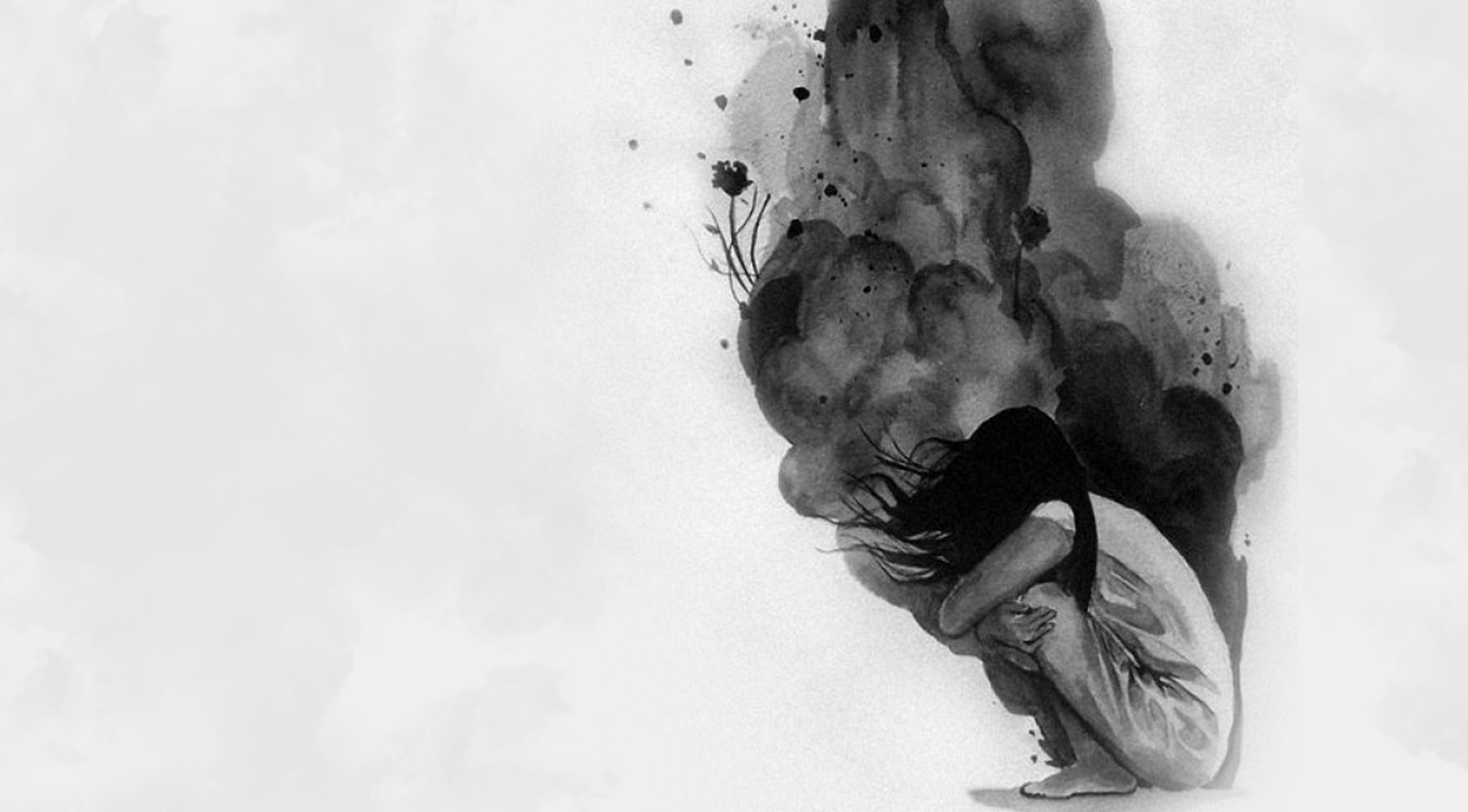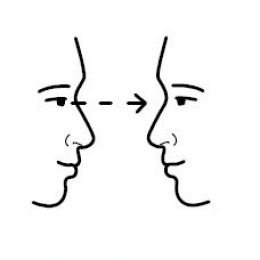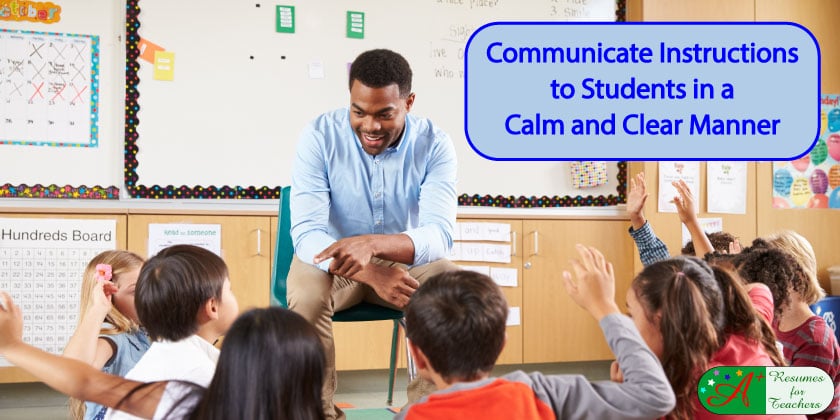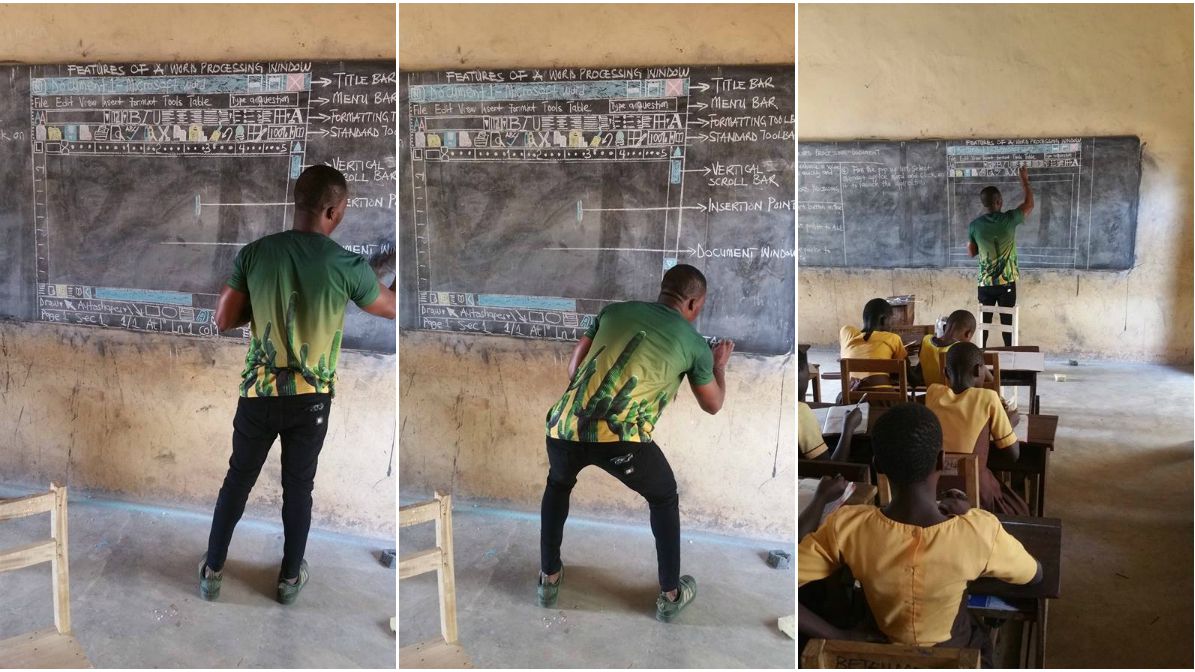October 27th
At the end of the course, and also the micro-teaching by my classmates, there are some reflections about the things we can do, and the other things we must avoid.
The micro-teaching was a rewarding experience since it made me look closer to my role as a teacher, and it put the lens on my teaching practices. With my classmate's help, in their comments and feedback, along with my teacher, I can conclude:
Things to do:
- Keep eye contact
- Think about our body gesture
- Make it simple
- Use a good tone of voice
- Be secure
- Create curiosity in my students, as a "... to be continued..."
- Use graphic organizers
- Use images
- Use colors
- Give clear examples
Not do to:
- Say something is important or relevant
- Lean on the wall
- Have notes
- Avoid elaborate language
- Don't give the back to the class
- Don't write so much on the board
- Avoid "hawking" during the class (carraspear)


































